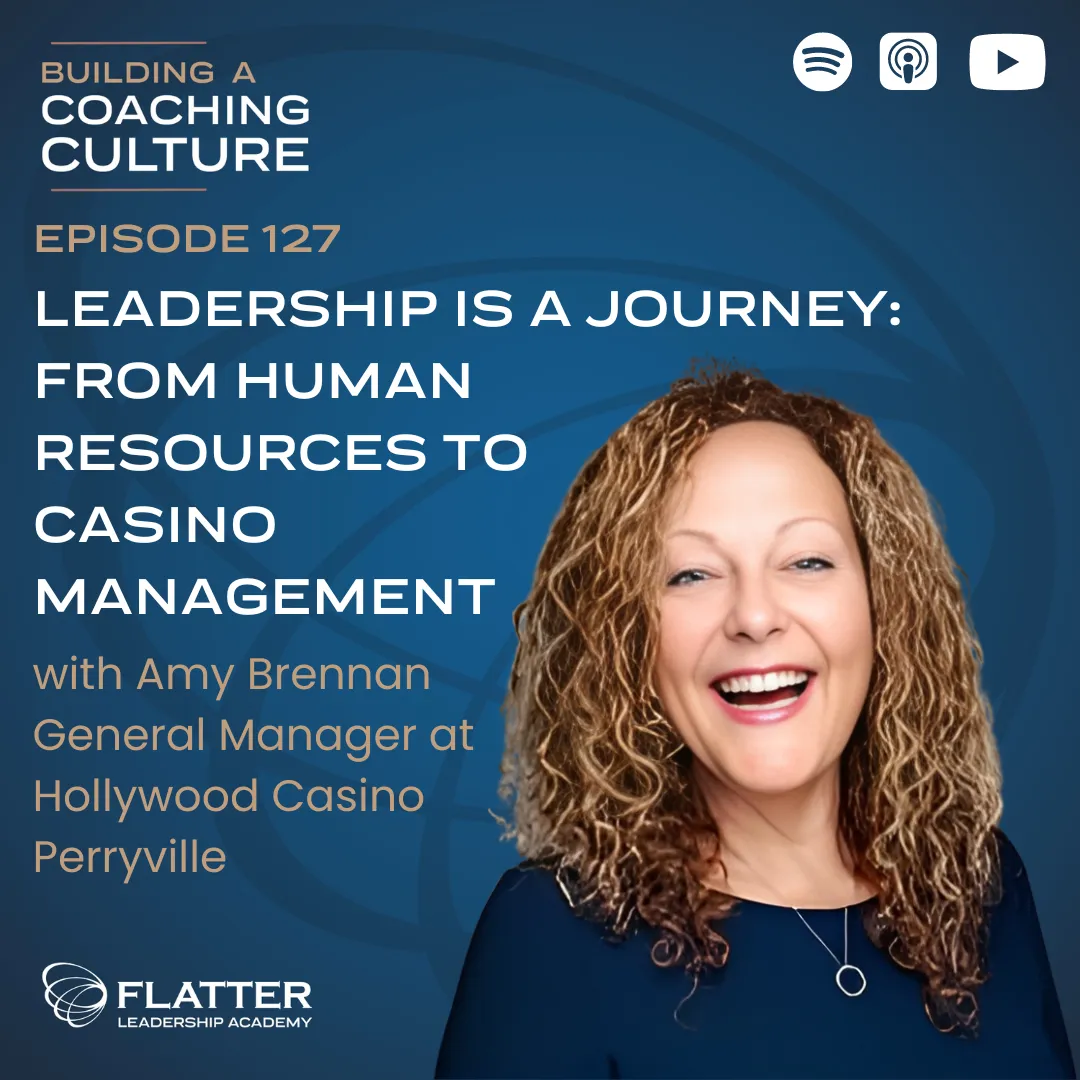With twenty-five years of gaming industry experience from human resources to slot machine management, Amy C. Brennan serves as the General Manager of Hollywood Casino Perryville, a Penn Entertainment property. Amy discusses the challenges of building a coaching culture at a large casino, overseeing large teams dedicated to providing excellent experiences to hundreds of thousands of guests annually.
In today's episode, J.R. and Lucas Flatter welcome Amy C. Brennan, General Manager of Hollywood Casino in Perryville, Maryland. With 25 years of experience in the gaming industry, Amy shares insights on leading a complex casino operation and building a strong organizational culture.
Key points include:
- The multifaceted role of a casino GM and the challenges of managing diverse departments
- Strategies for attracting and retaining talent in a competitive labor market
- Penn Entertainment's unique approach to corporate culture and customer service
- Balancing different customer experiences while prioritizing responsible gaming
- The importance of mentorship, resilience, and continuous learning
- Efforts to rebuild organizational culture after significant leadership turnover
Amy also discusses work-life balance, the value of diversity in leadership, and her belief that everything happens for a reason. This episode offers valuable lessons on leadership, organizational culture, and personal growth applicable both within and beyond the gaming industry.
Building a Coaching Culture is presented by Two Roads Leadership
Produced, edited, and published by Make More Media
Episode Links
Amy Brennan
Hollywood Casino Perryville, MD
J.R. Flatter
Founder of Two Roads Leadership
Lucas Flatter
Resources
2RL 4 day Coach Certification Bootcamp
2RL ICF-Approved Coach Certifications and Trainings
Transcript
Automatic Transcription - please excuse any errors

